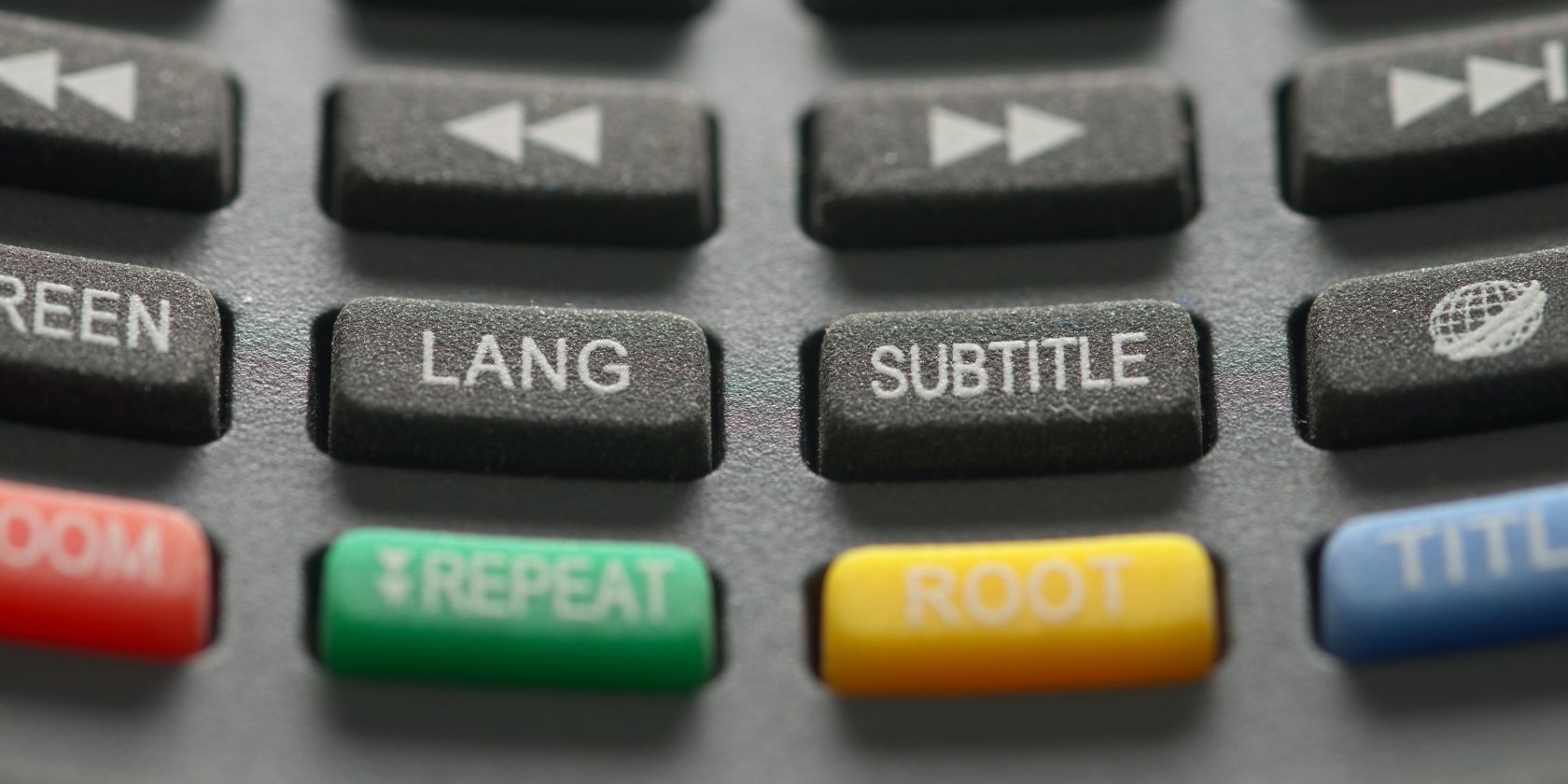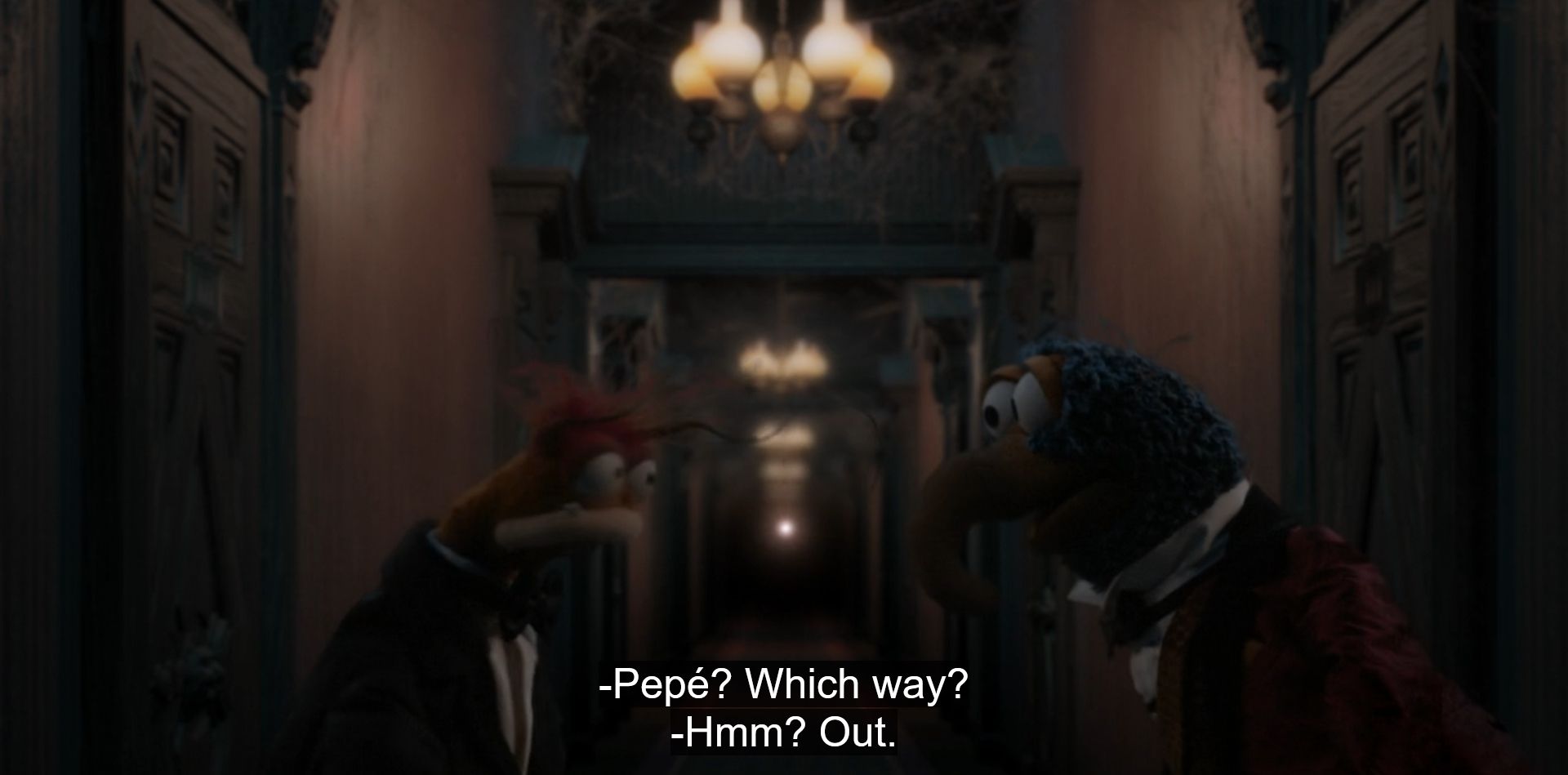When you decide to watch a foreign film and you don't understand the original language, do you go for the subbed or dubbed version? Speak to any film aficionado and they'll likely have strong opinions on what the "right" choice is. But is one really better than the other?
Considering the rise of global cinema, and the easy accessibility to it thanks to streaming services, the question of subtitles versus dubbing continues to crop up. We're going to explore the pros and cons of each method.
What's the Difference Between Subtitles and Dubbing?
Before we delve into the comparison between subtitles and dubbing, it's useful to understand what they actually are.
Subtitles are text that appears on the screen, usually at the bottom, which transcribe the spoken audio of the show or movie. They don't usually describe sound effects or music, except when they're essential to the plot.
Subtitles are often used by those who are hard of hearing, to ensure they don't miss any dialogue. However, subtitles also have other application, like when the media is poorly audio mixed or if a character is speaking with an indecipherable accent.
Dubbing is when the original spoken dialogue throughout a movie or show is replaced, usually in a different language, in post-production. Since dialogue is nearly always recorded in its own audio track, it means that audio engineers can switch the dialogue while preserving any other audio.
Why Are Subtitles and Dubbing Important for Foreign Films and Shows?
Thanks to the dominance of Hollywood, nearly all blockbuster films are produced in English; look at the list of top box office films, brimming with the likes of Star Wars, The Lord of the Rings, and Harry Potter, and you'll be hard-pressed to find one that wasn't. But if you only ever watch movies and shows produced in your native tongue, you're missing out on a wealth of interesting global cinema.
However, unless you're talented enough to be multilingual, you won't be able to properly appreciate foreign-language media without some assistance. That's why subtitles and dubbing are so important. It means you can watch so much more, be exposed to different ideas, and enjoy the world stage.
Streaming services like Netflix, Amazon Prime Video, and Hulu have made it easier for foreign-language productions to find a global audience. Whereas before these would have had to go through the tricky process of finding local theater distributors, these services can now broadcast foreign movies and shows in every country simultaneously.
Dark, Lupin, Roma, and Money Heist are all examples of Netflix productions that found a large audience that they likely wouldn't have otherwise, thanks to Netflix's wide availability and support for subtitles and dubs in many languages. Some even go on to become cultural phenomenons, like Squid Game, which is one of the most popular shows on Netflix period; if it was only available in its native Korean tongue, that wouldn't be the case.
The Advantages of Subtitles
If you want to enjoy the movie or show in its purest form, then subtitles is the way to go because nothing has been altered. It means you can listen to the original voices and pick up on the tone and nuance intended by the actors and director.
Subtitles are excellent for accessibility. If you're hard of hearing, a dub serves no use—subtitles mean that you can enjoy the media without issue.
Subtitles can help when learning a foreign language. You can listen to the original dialogue and read the subtitles simultaneously. You might not realize it, but your brain will start linking the words together.
The final positive for subtitles is that they're usually more accurate to the original script. That's because dubs tend to alter the script to try to have the audio match the mouth movements. With subtitles, you're enjoying a mostly unfiltered experience.
The Disadvantages of Subtitles
However, subtitles do have their downsides. The primary reason is that they can be distracting; you might end up with your eyes glued to the bottom of the screen, which means you miss out on the action.
With all that reading, you may start to feel like you're not truly immersed in the movie or show. While you might hear the emotion in the dialogue, you can just as easily miss subtleties in acting or the visual storytelling.
Plus, if you're a slow reader or young, subtitles can be hard to follow. You can't look away for a moment without missing some dialogue.
The Advantages of Dubbing
The main advantage of dubbing is that you don't have to read anything, so it can feel more immersive. You can sit back, relax, and enjoy the movie or show like any other.
Dubbing can be especially beneficial for animation, where there's minimal discrepancy between mouth movements and the spoken word. This can be harder to disassociate from in live action dubbing.
Dubs can also help aid with familiarity, since you're hearing your native tongue and don't have to adjust to another language. It can help you become quickly engrossed in what you're watching.
The Disadvantages of Dubbing
Dubs are often produced without the input of the original creators. This means that the voice actors doing the dubbing might not match the tone and style that was intended, so you're not getting an authentic experience.
Voice acting is a unique skill separate from physical acting. If the voice actor is bad or is poorly directed, it can thoroughly ruin what you're watching and take you out of the moment, regardless of how good everything else is.
If you watch lots of dubbed content, you might notice the same voice actors appear time and time again; it can be distracting to associate the same voice to different people. While this is often forgivable in animation, which benefits from exaggerated voices, it's harder in live action.
Dubs can also be annoying because what you're hearing doesn't match the mouth movements of the actors. To circumvent this, the script is usually changed to closer match what's on-screen; but that's another downside, since then you're hearing a filtered version of the original. It could change the meaning of scenes entirely.
Subtitles vs. Dubbing: Which Is the Winner?
Ultimately, the winner in the battle of subtitles versus dubbing will be down to personal preference. You might prefer subtitles for some things, dubbing for others. If both are on offer, you can try them out to see which you prefer.
For film enthusiasts, subtitles usually ends up the victor. However, if you think dubs are better, that's perfectly fine. You should enjoy movies and shows your way.


